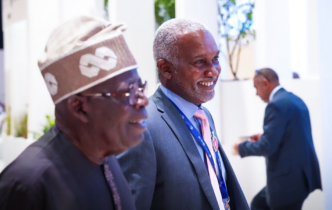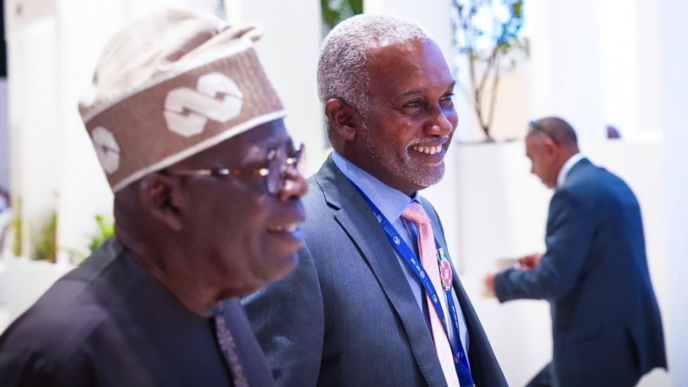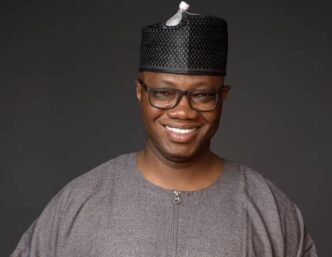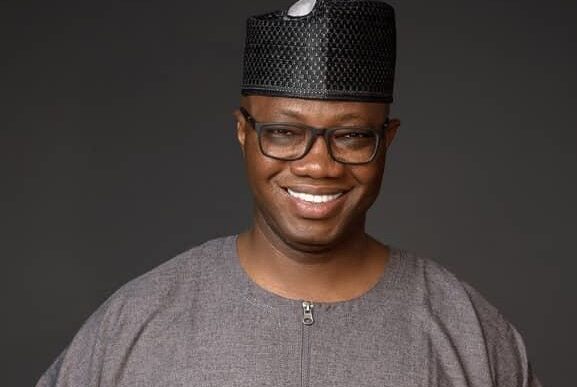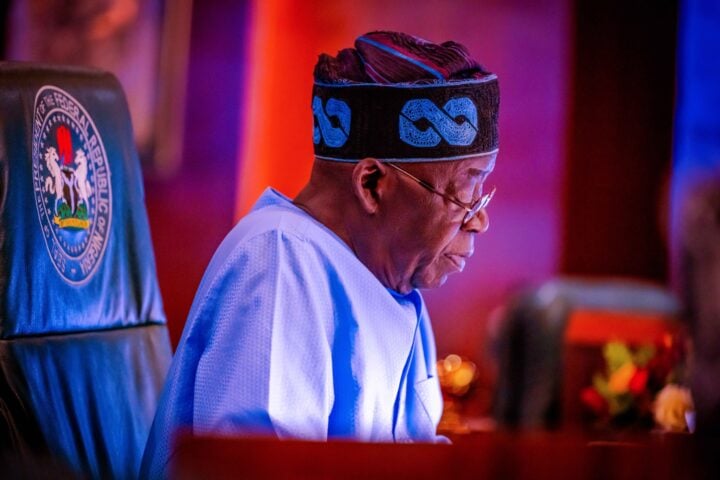BY ISAIAH KUMUYI
When candidate Bola Ahmed Tinubu declared on June 2, 2022, at a campaign event in Ogun State that it was his turn to be President of Nigeria, he struck at the heart of a national conversation over which the country has been playing the ostrich for years.
The truth is evident: Nigeria is a babel of tribes, tongues, and orientations, broadly categorised into North and South. It is also true that, in the absence of a unifying national spirit, the single most compelling matter of mutual – and often fiercely competing – interest among Nigerians is the presidency, and where its occupant comes from. Yet, we continue to shy away from confronting this reality head-on.
With this intervention, I make a case for the constitutional rotation of the presidency among Nigeria’s six geopolitical zones, with each leader serving a single six-year term. The benefits of such a system are profound, spanning political stability, economic revitalisation, and the strengthening of our fragile nationhood.
Advertisement
Speaking of political stability, Nigeria’s current presidential system of two renewable terms operates as a high-stakes, zero-sum game, where electoral victory for one region often translates into perceived marginalization for others. This fuels desperation, deep electoral mistrust, and a dangerous belief that power must be seized rather than shared.
The 2010 crisis following President Umaru Yar’Adua’s death laid bare the fragility of our informal power-sharing arrangements. His unexpected demise and the subsequent ascension of Dr. Goodluck Jonathan, a Southerner, upended the unwritten North-South rotation convention of the then governing People’s Democratic Party (PDP), and triggered political tremors that reverberate to this day.
Significantly, the then opposition All Progressives Congress (APC) weaponised that disruption in its 2015 campaign, riding to victory on a wave of northern sentiment that framed Jonathan’s presidency as an aberration needing correction. That episode proved how dangerously Nigeria’s stability hinges on arbitrary power calculations rather than structured equity.
Advertisement
A constitutional rotational system would prevent such crises by replacing volatile, unwritten conventions with clear, binding rules. It would assure every zone that its turn at leadership is guaranteed, transforming politics from a do-or-die affair into a managed process where no region feels permanently excluded from the highest office.
Let’s talk of economic prosperity. For decades, the uncertainty that defines Nigeria’s political structure has hobbled its economy. Since the 1966 coup, power has shifted unpredictably, with each new administration often prioritising short-term gains over long-term development. The inevitable result has been an economy that rewards cronyism, stifles productivity, and leaves entire regions lagging behind. A rotational presidency would break this cycle.
With a fixed, non-renewable term, leaders would be incentivised to focus on legacy projects rather than re-election schemes. Knowing that each geopolitical zone will eventually take the helm, federal policies would naturally trend toward balanced development, ensuring that no part of the country is left behind. Most importantly, it would weaken the grip of elite cartels that thrive under the current system of perpetual uncertainty.
How about nation building and a formidable sense of nationhood? Nigeria’s greatest crisis is not ethnicity or religion, but the absence of a unifying political contract that assures every citizen of a fair stake in the country’s leadership. A rotational presidency would serve as that contract.
Advertisement
By guaranteeing that leadership circulates among all zones, it would foster a sense of belonging in regions that currently feel alienated. It would also promote national integration and the formation of national consensus on issues.
Because political parties will pick their presidential candidates from the same geopolitical zone per election, the influence of ethnicity and religion on voter choice will wane significantly, thus leaving room for other considerations such as competence and the ability to speak to the issues that resonate with the electorate. This arrangement will also put the spotlight on the political parties who will then realise that their chance at power will be guaranteed only by satisfactory performance and the promotion of nationally acceptable candidates.
Perhaps most crucially, it would instill discipline in governance. An administration knowing that it has a non-renewable term of six years would do its best to focus on landmark, transformative policies, programmes and projects – while avoiding dubious spendings that could open it up to scrutiny by the incoming administration.
Fellow Nigerians, the cost of inaction is too high. The Yar’Adua-Jonathan transition and its aftermath prove that Nigeria cannot rely on gentleman’s agreements to manage its diversity. Critics of rotational presidency argue that competence should trump zoning, but this ignores the fundamental truth that in a fractured society, fairness is not a luxury. It is the very foundation of unity. Without it, no amount of political wizardry can sustain lasting peace and progress. Besides, there is competence in all zones of the country and only rotational presidency can afford us the full benefits of that talent spread.
Advertisement
Constitutionalising rotational presidency is not about lowering standards; it is about raising the stakes for national cohesion. It is a pragmatic solution to Nigeria’s endless cycle of political strife and economic stagnation. The alternative, i.e. continued ad-hoc power struggles, will only deepen our divisions and dim our collective future.
The question is no longer whether Nigeria can afford rotational presidency, but whether it can survive without it. It is time for every geopolitical zone in the country to be able to confidently say, “Èmilókan (It is my turn)” to lead Nigeria forward.
Advertisement
The time to act is now.
Isaiah Kumuyi writes from the University of Lagos
Advertisement
Views expressed by contributors are strictly personal and not of TheCable.

